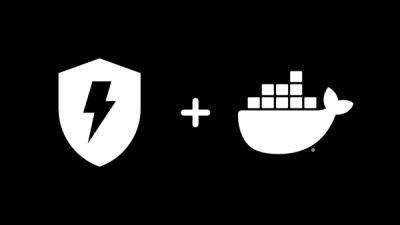
Eos API
Application programming interface to EOS blockchain nodes. This is for
read-only API calls. If you need to sign transactions use
eosjs instead.
Include
- Install with:
npm install eosjs-api
- Html script tag, see releases for the correct version and its matching script integrity hash.
<html>
<head>
<meta charset="utf-8">
<script src="https://cdn.jsdelivr.net/npm/eosjs-api@7.0.4/lib/eos-api.min.js"
integrity="sha512-LLDsX/GdVZYA82k9TVz3zUxSjvaX8s5b1FJm64W51JGxLFKI2z+ljqYQtsUZIOxh9pSUqvLA5HCoxXqdRxusKw=="
crossorigin="anonymous"></script>
</head>
<body>
See console object: EosApi
</body>
</html>
EosApi
Run nodeos
Usage
EosApi = require('eosjs-api')
eos = EosApi()
eos.getInfo()
eos.getInfo({}).then(result => console.log(result))
eos.getBlock(1).then(result => console.log(result))
callback = (err, res) => {err ? console.error(err) : console.log(res)}
eos.getInfo(callback)
eos.getBlock(1, callback)
eos.getBlock({block_num_or_id: 1}, callback)
eos.getBlock({block_num_or_id: 1}).then(result => console.log(result))
Configuration
EosApi = require('eosjs-api')
options = {
httpEndpoint: 'http://127.0.0.1:8888',
verbose: false,
logger: {
log: config.verbose ? console.log : null,
error: config.verbose ? console.error : null
},
fetchConfiguration: {}
}
eos = EosApi(options)
options.logger example
During testing, an error may be expected and checked as follows:
options.logger = {
error: err => {
assert.equal(err, 'expected error')
done()
}
}
options.fetchConfiguration example
options.fetchConfiguration = {
credentials: 'same-origin'
}
Every eosjs-api request will run fetch with this configuration:
fetch('https://example.com', {
credentials: 'same-origin'
})
Environment
Node and browser (es2015)




